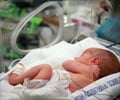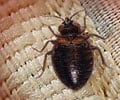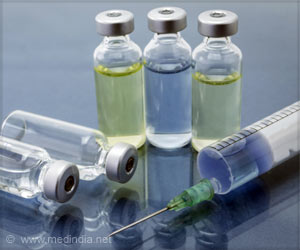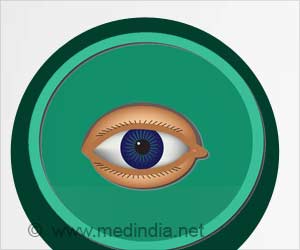Ultra sensitive experiments carried by space scientists could pave the way to cutting edge approach in treating and preventing infectious diseases.

"We seek to unveil novel cellular and molecular mechanisms related to infectious disease progression that cannot be observed here on Earth, and to translate our findings to novel strategies for treatment and prevention," said Nickerson, according to an Arizona statement.
During an earlier series of NASA space shuttle and ground-based experiments, Nickerson and her team discovered that spaceflight culture increased the disease-causing potential (virulence) of the food borne pathogen Salmonella.
Yet many of the genes known to be important for its virulence were not turned on and off as expected when this organism is grown on Earth.
Understanding how this switching is regulated may be useful for designing targeted strategies to prevent infection.
For NASA, Nickerson's findings were revelatory, given their implications for the health of astronauts on extended spaceflight missions.
Advertisement
"There are conditions that are encountered by pathogens during the infection process in the human body that are relevant to conditions that these same organisms experience when cultured in spaceflight," said Nickerson.
Advertisement
Nickerson presented her findings at the 2013 annual meeting for the American Association for the Advancement of Science, held in Boston, Massachussets.
Source-IANS










